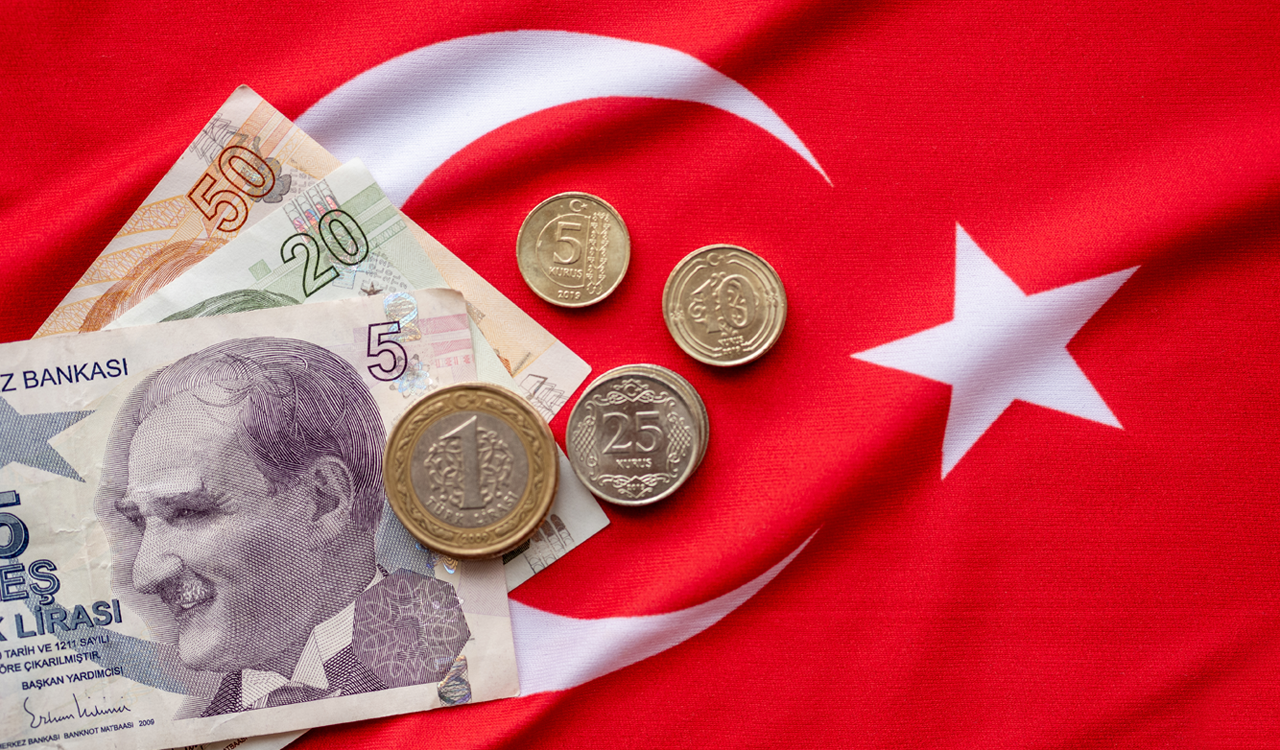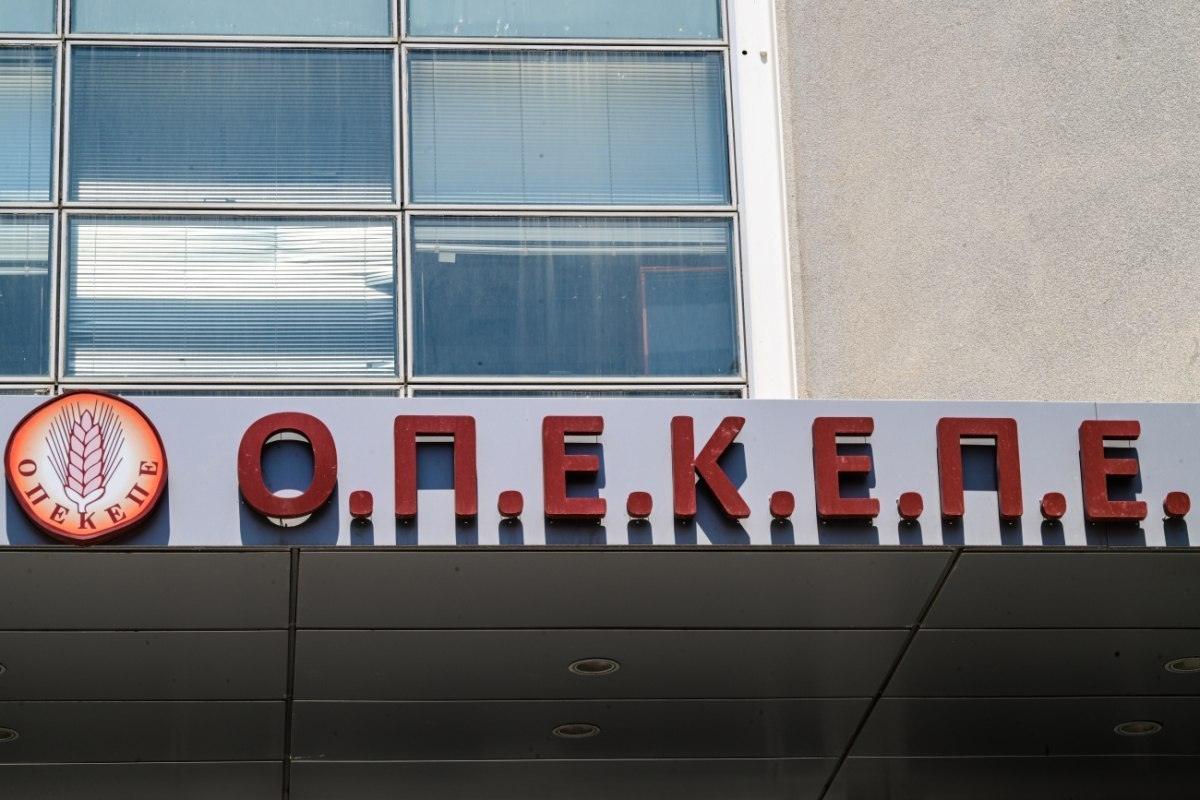Almost one in two Greek households is forced to cover daily needs by borrowing. The financial crisis of recent years and the pandemic of job suspensions in several sectors of the economy since March 2020 have created a suffocating barrier for households, leading them to borrow so that they can survive.
It is characteristic, according to data from the Hellenic Statistical Authority (ELSTAT), that last year 46.5% of households stated to borrow to pay daily living expenses with the main source of financing being banks (loans and cards), while in daily expenses relatives and friends seem to be the lenders.
The suffocating conditions are also shown by the fact that 35.2% of the households state that they do not have savings.
The ESTAT data, which are included in the Household Income and Living Survey (EU-SILC), are part of a Community Statistical Program, in which all EU Member States participate and survey household living conditions and image of their borrowing.
Loans
Although 72% of households do not loan obligations, excluding any mortgage for the purchase of the main house, 28% are obliged to repay at least one loan, of which 19.6% one loan, 6 , 5% two loans, 1.7% three loans and 0.2% four loans.
In fact, the average amount owed, including interest and capital (excluding any mortgage for the purchase of the main residence), is estimated at 236.70 euros, while the corresponding amount for poor households is 174 euros and for non-poor households at 246.35 euros.
The main reason that households obtain a loan is the purchase of assets (including home furniture and appliances and interior decoration) at a rate of 56.3%, while it is noteworthy that 46.5 % is for the coverage of daily living expenses, 7.9% for education, 7.8% for transportation, 7.2% for vacations, 3.6% for medical care, 1.5% for personal loans to finance own business, a 1.4% for loan refinancing.
The main source of financing is the bank or some other financial institution at a rate of 99.2% through loans or credit cards, followed by the private source, ie relatives, friends at a rate of 1.7% or some other source at 0.2%.
However, the data show that for poor households, borrowing from relatives and friends covers a percentage of 37.4%, a fact from which one can conclude the difficulty of accessing the banking system.
As for the debts of households in mortgage loans of the main residence maintained by households on average are estimated at 39,516 euros, while the corresponding amount of poor households at 29,436 euros and non-poor households at 41,297 euros. However, four out of six households (40.7%) state that they own some real estate outside the main residence.
What savings?
At the end of a typical month, households save money at a rate of 37.4%, while 27.3% are in need of spending from their savings (whether it is bank deposits or money kept at home), in 16, 3% are in need of borrowing from third parties and 18.9% neither save nor are in need of disbursement or borrowing.
Only 9.4% can save, 30.1% are forced to spend savings to make ends meet, 37.4% are borrowed from friends and relatives.
When asked how long it would be possible for a household to maintain its current standard of living by using its savings alone (in bank accounts or at home), 33.4% of households said in less than 3 months, 17.3% from 3 to 6 months, 8.2% from 7 to 12 months and only 5.9% for more than 12 months, while 35.2% did not have savings so they do not have room to cover daily expenses.







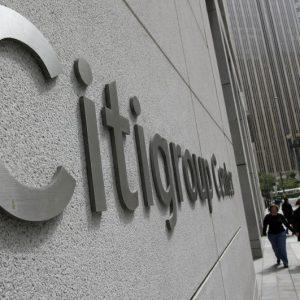



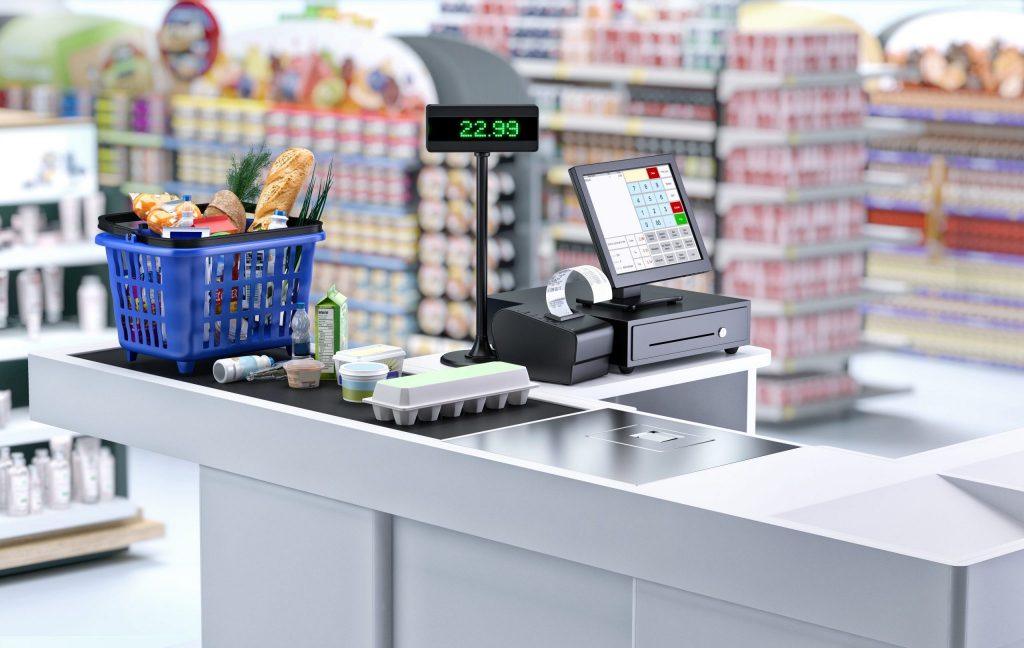










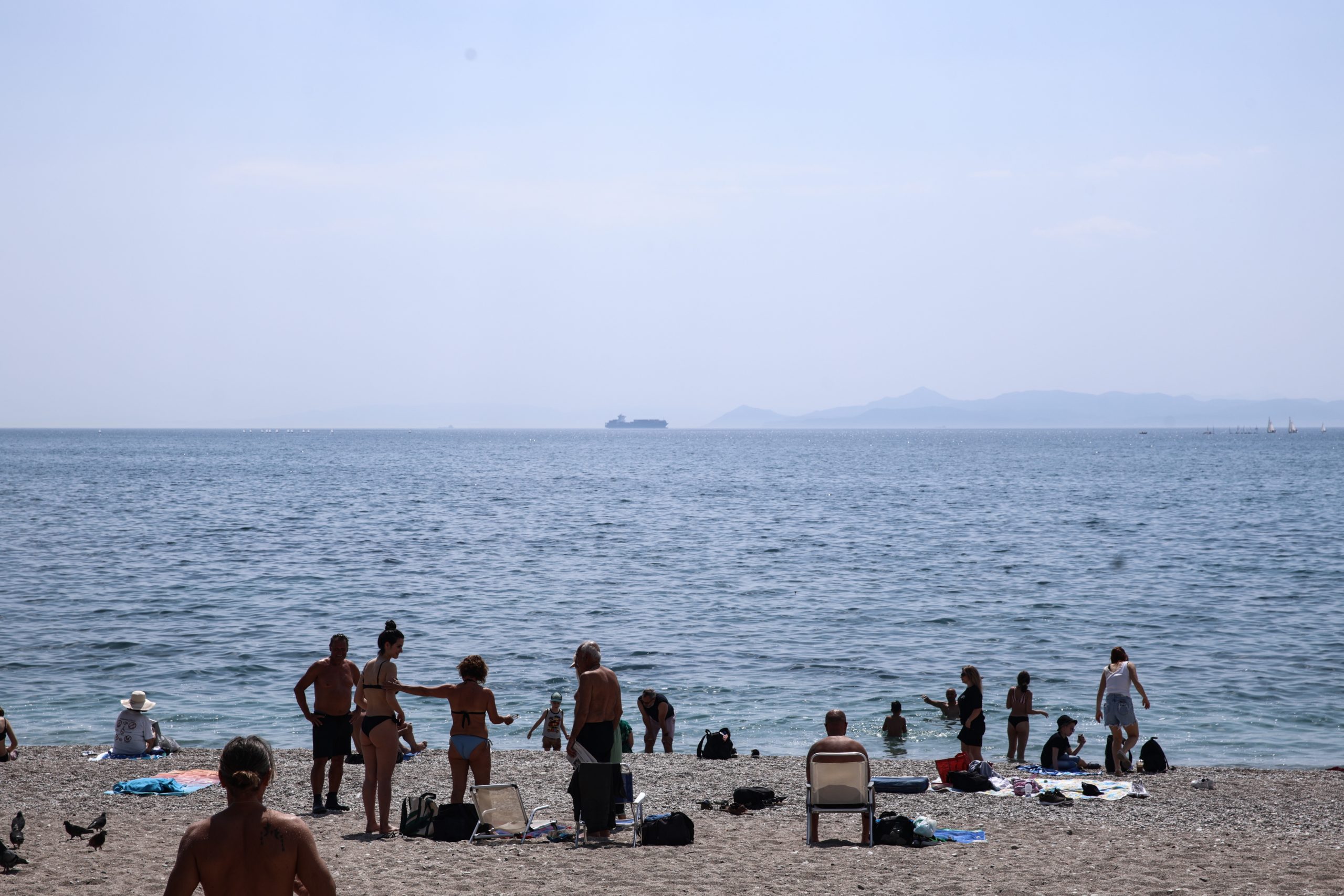

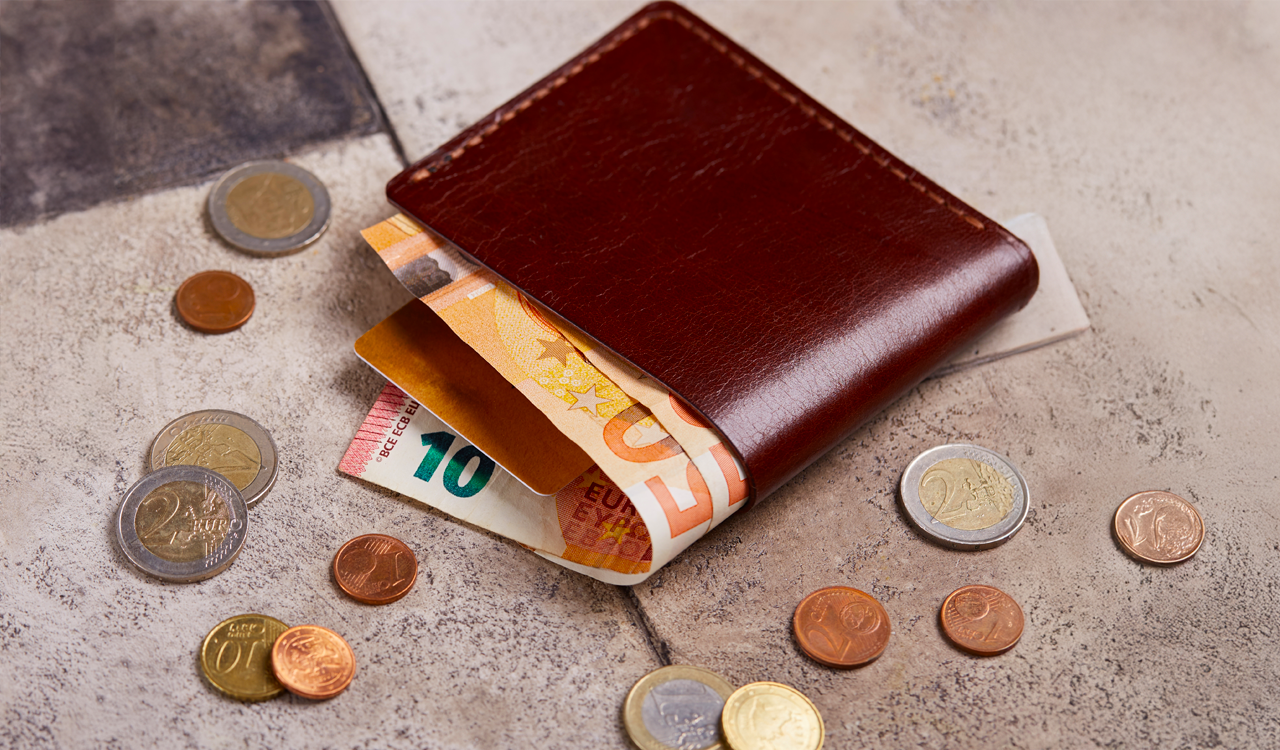



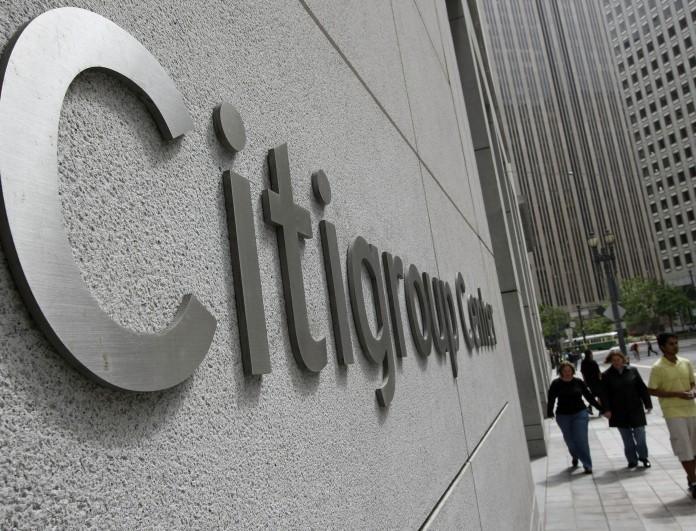




![Σούπερ μάρκετ: Στο 1,75% ο πληθωρισμός τον Ιούνιο – Πού αυξήθηκαν, που μειώθηκαν οι τιμές [πίνακες]](https://www.ot.gr/wp-content/uploads/2025/05/super-market.jpg)




